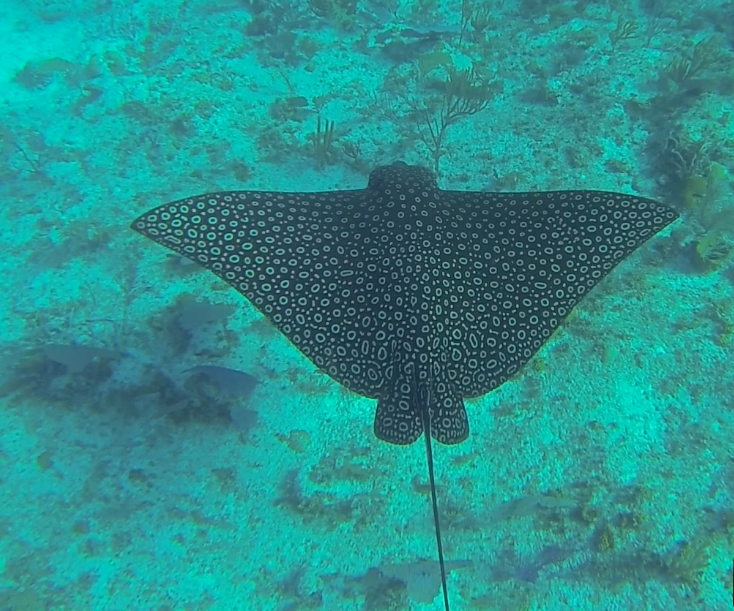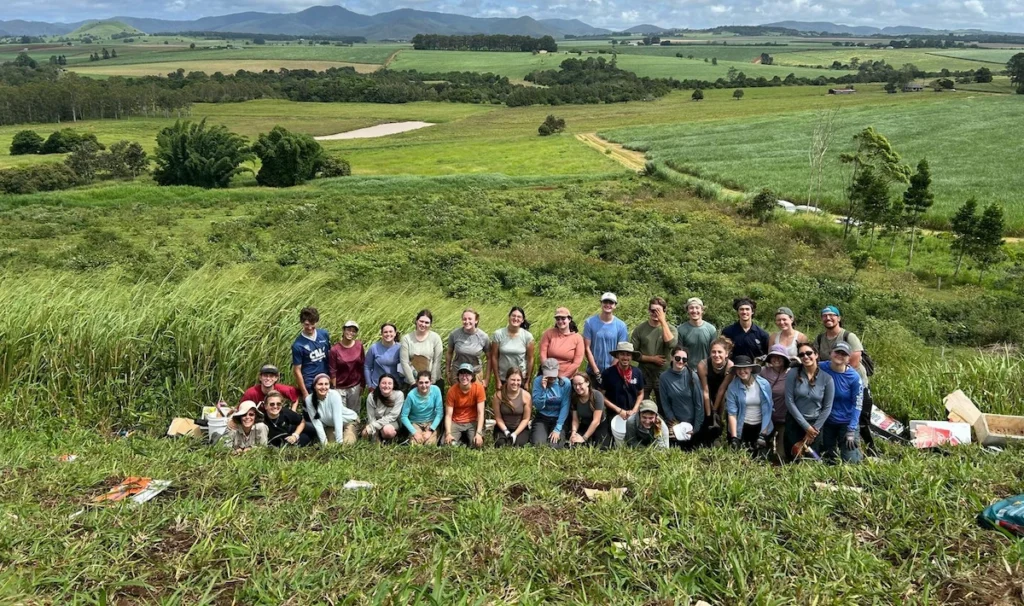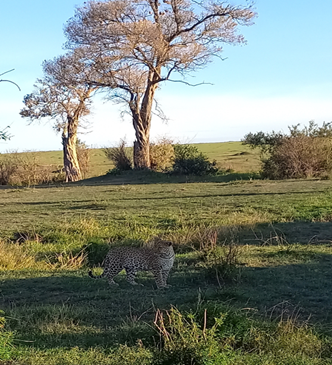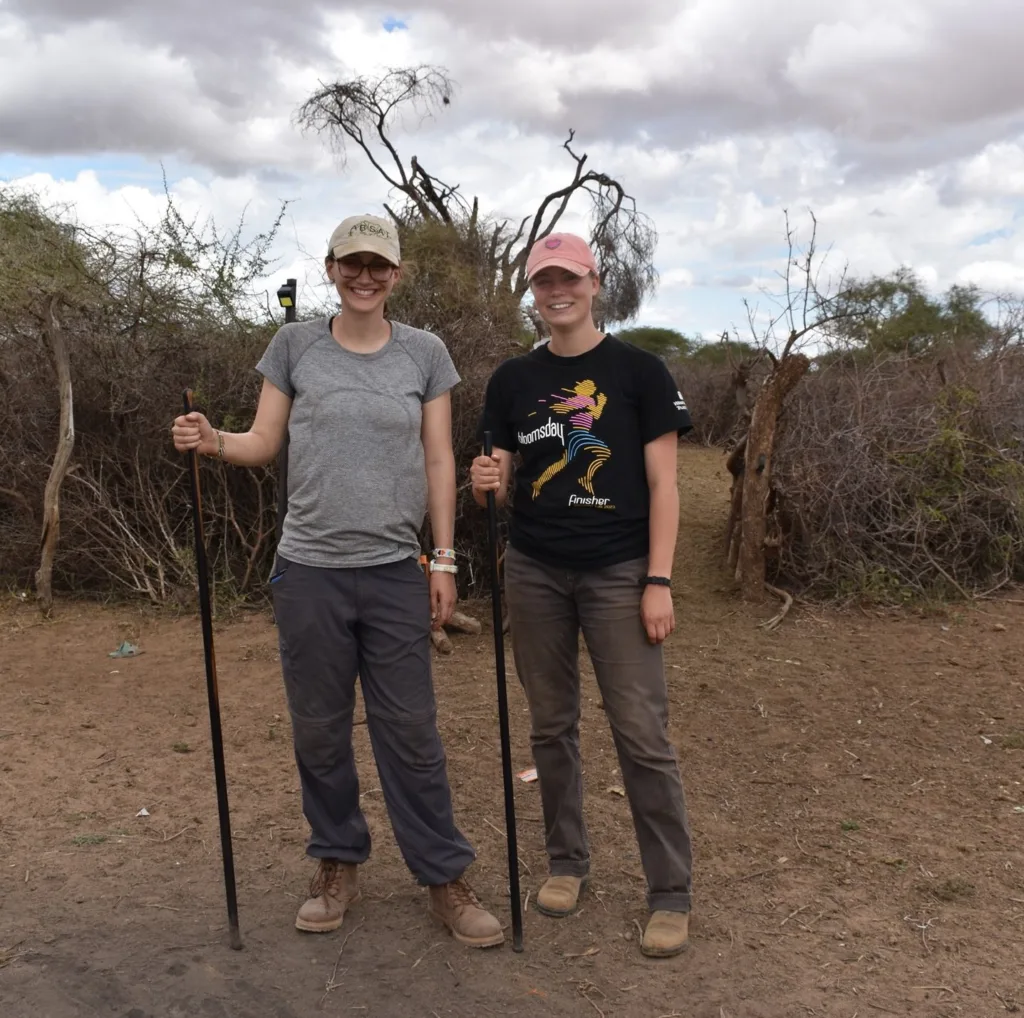A Busy But Rewarding Start
It has been a little over two weeks since the students arrived on South Caicos for their semester at the Center for Marine Resource Studies, and everybody has settled into their new home and lifestyle by now. It has been a busy time on the social side of things, with the students getting to know each other, the staff, the local community, and exploring our small, sun-drenched island and its turquoise waters.
On the academic side of things, the students are quickly realising that this is a fast-paced and challenging program; they’ve already had 35 lectures across their three courses (Marine Ecology, Marine Resource Management, and Environmental Policy) in addition to a number of field exercises. The latter are, of course, one of the main reasons that students are attracted to SFS programs: the environment around you is your lab. So far, the students have been guided through the identification and taxonomy of organisms found in mangrove, seagrass and coral reef habitats; surveyed and conducted a total economic valuation of local seagrass meadows; assessed the density of queen conch (one of the most important fishery resources in the TCI) inside and outside a Marine Protected Area; and visited one of the local processing plants where conch and other fishery resources are prepared for export.

There have also been plenty of recreational dives, which allow students and staff alike to simply bask in the wondrous marine environment of the TCI without any note-taking or data collection. There’s nothing quite like a passing sea turtle or squadron of eagle rays to put a smile on everybody’s face, but at this time of year it’s probably the sound of whale song from humpback whales that gets everybody really excited. And if we’re lucky, we also get to catch a glimpse of these migrating behemoths.
So, we’re off to a busy but rewarding start, and there’s still plenty to come. While the lectures and field exercises continue, students will soon start thinking about their Directed Research projects, through which they will contribute to our understanding of the ecology, utilisation and management of the TCIs waters. That means even more time in the field, but that’s exactly why we are all here.
Related Posts

Cinder Cone Chronicles: Lessons from Drought, Data, and Determination

